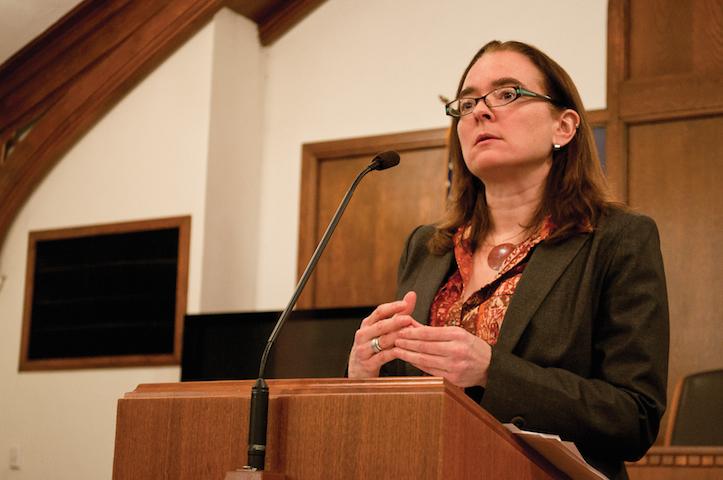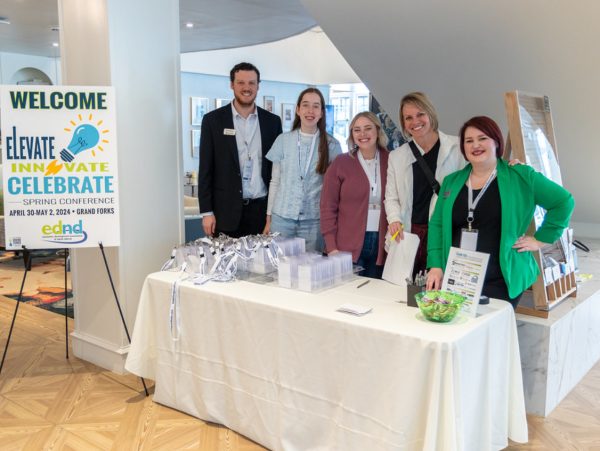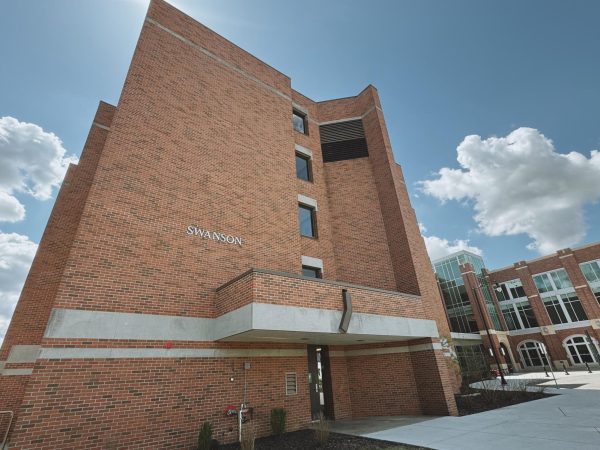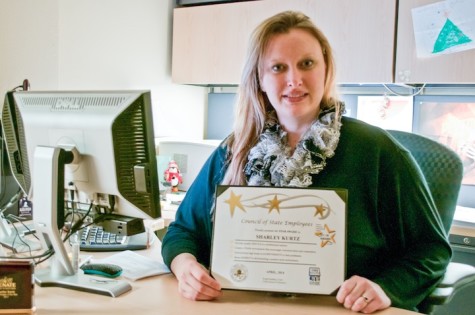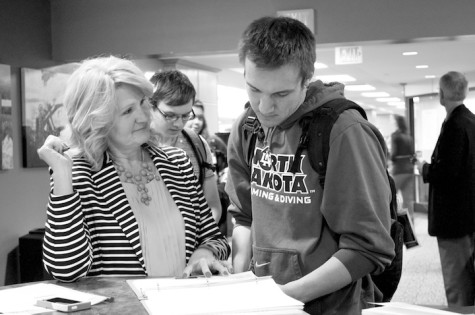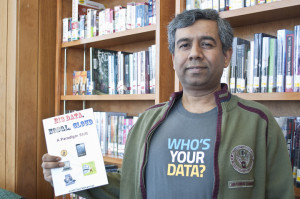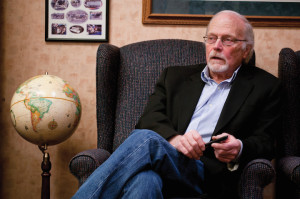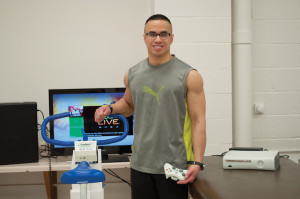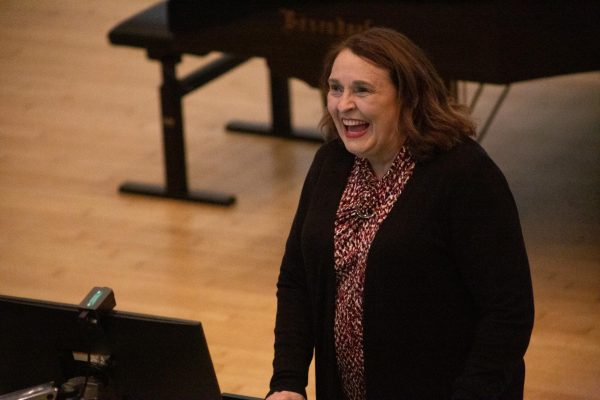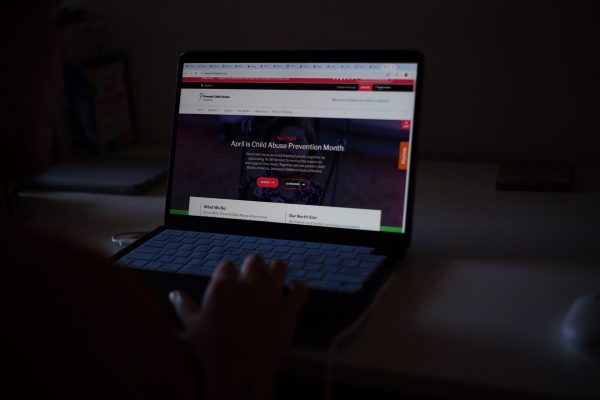Activist visits campus
Melissa Schrailbman, a human rights activist, speaks during her visit to UND. Photo by Shae Bonifacio/The Dakota Student.
The UND Center for Human Rights and Genocide Studies hosted a three day long Spring Visiting Fellow.
Federal prosecutor and human rights activist Melissa Schraiban was one of the special guests that held presentations and panels during the three days.
The theme for the events was Human Rights in Albania: Global and Local. The events began Monday with a panel titled “Corruption as a Violation of Human Rights.” On On Tuesday evening, Schraibman was the keynote speaker with a presentation titled “Building an LGBT Rights Movement in Albania.” The events wrapped up Wednesday with the panel, “Ending the Human Trafficking Epidemic.”
Schraibman began her work as a U.S. Department of Justice prosecutor in 1994, prosecuting tax and white collar crimes. In 2003, Schraibman received the Departments’ John Marshall Award for Outstanding Legal Achievement for Trial of Litigation for prosecuting the operators of a secret domestic warehouse bank that allowed hundreds of people to hide millions of dollars from the IRS.
In 2006, Schraibman was chosen to take the position of resident legal advisor at the U.S. embassy in Tirana, Albania where she focused on an initiative that worked on combating corruption, money laundering and human trafficking.
She also worked with an LGBT activist group and supported its grassroots movement for equality. Schraibman received the Secretary of State Award for Outstanding Volunteerism Abroad from Hillary Clinton for her work with the Albanian LGBT movement.
Currently, Schraibman is vice president for Department of Justice Pride, which is a recognized organization for LGBT employees working in the Department of Justices offices, boards and divisions.
The panel on “Ending the human trafficking epidemic” on Wednesday began with the director of the Center for Human Rights and Genocide Studies and associate professor Gregory Gordon speaking about real examples of people affected by human trafficking, what exactly human trafficking is, how prevalent it is and the tools that can be used to stop it.
“This is the new kind of slavery,” Gordon said.
Gordon went on to say that human trafficking is the second largest organized crime, butestimates vary on how many people are victims to human trafficking, ranging from 40,000 up to 27 million.
“I think all of us can make a difference and stop this,” Gordon said.
After Gordon spoke, Schraibman talked about her experience in Albania, which was put on a watch list for human trafficking in 2008.
“I saw children in very dangerous circumstances,” Schraibman said.
Schraibman said that while she was in Albania, the U.S. worked on putting a lot of resources into the witness protection program and expanded it to being a regional witness protection program that included surrounding countries like Kosovo and Macedonia to make it safer for victims of human trafficking.
“Melissa is the inspiration for this panel because of her work in Albania,” Gordon said.
Ashley Marquis is a staff writer for The Dakota Student. She can be reached at [email protected].


